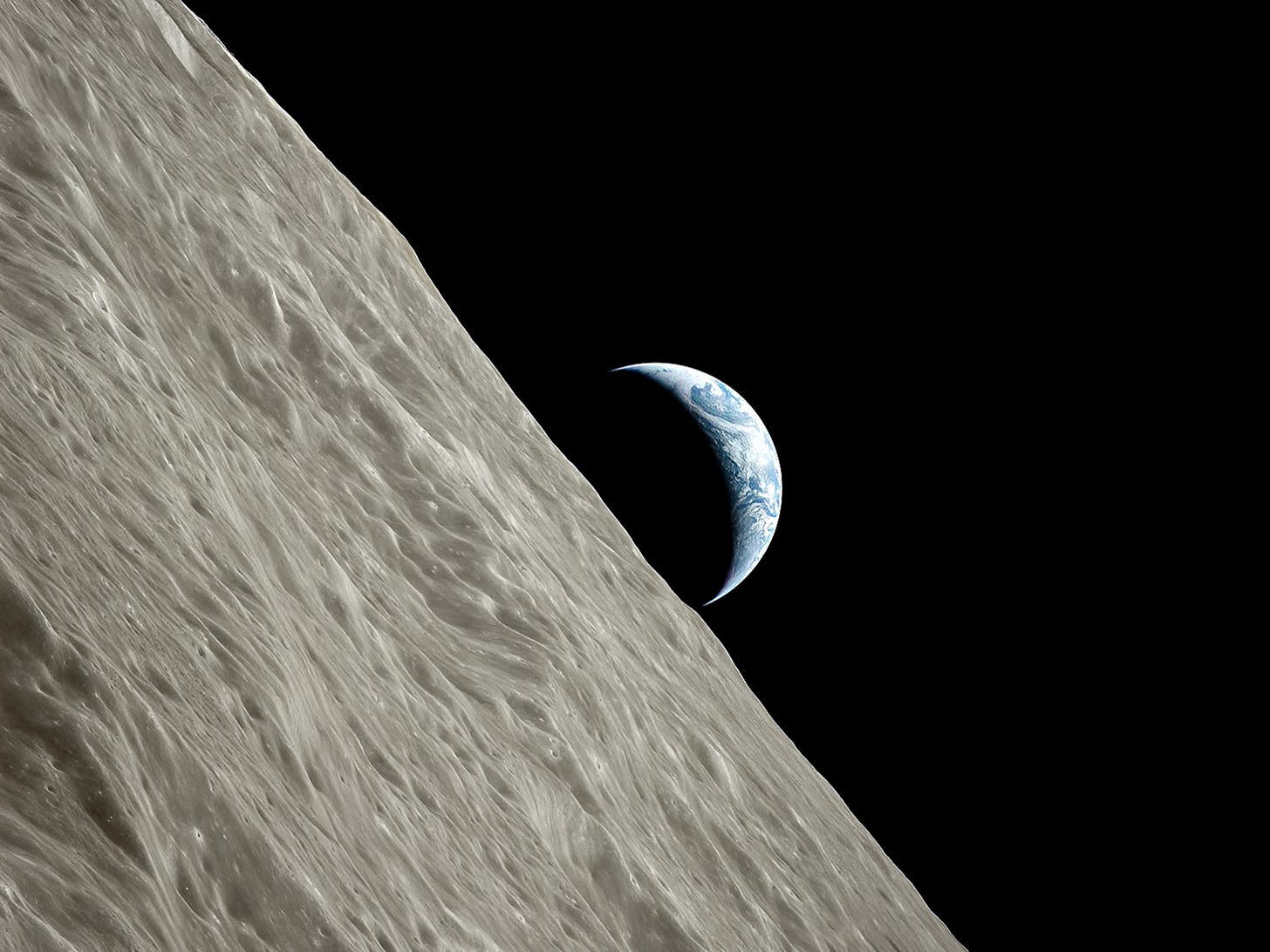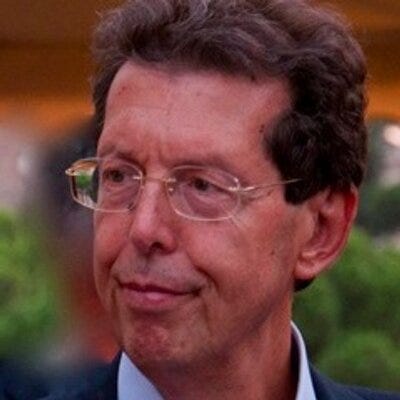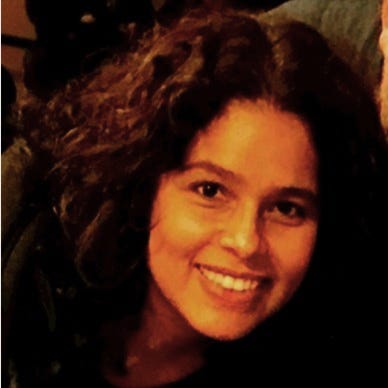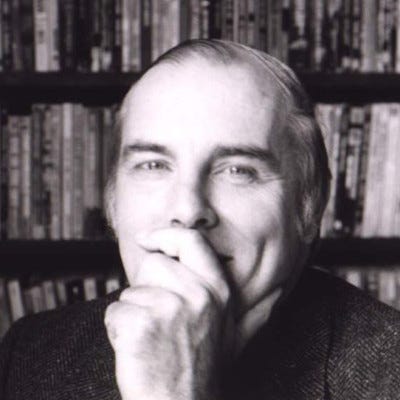Terasem Colloquium, December 14, 2022
50th anniversary of Apollo 17, with Michelle Hanlon, Giuseppe Reibaldi, Marlène Michèle Losier, Adriano Autino, Keith Henson, Frank White.
The second Terasem Colloquium of this year will be held on December 14, via Zoom, from 10am ET to 1pm ET. Speakers: Michelle Hanlon, Giuseppe Reibaldi, Marlène Michèle Losier, Adriano Autino, Keith Henson, Frank White.
December 14 will mark the 50th anniversary of the last day astronauts have been on the Moon. Apollo 17 astronauts Gene Cernan and Harrison Schmitt launched back to Earth from the Moon on December 14, 1972.
You are invited! I look forward to seeing you on December 14!

Terasem Colloquia are held twice a year in July and December, via Zoom. The theme alternates between spaceflight and neuroscience/consciousness studies. I have been co-organizing and managing Terasem Colloquia since 2020.
List of Terasem Colloquia since 2020, with commentaries and videos.
Zoom access coordinates
Giulio Prisco is inviting you to a scheduled Zoom meeting.
Terasem Colloquium, December 14, 2022.
Wednesday, December 14.
10am - 1pm ET (New York).
Meeting ID: 815 6207 3693
Passcode: 868300
CLICK HERE to join.
Speakers
Michelle Hanlon
Michelle Hanlon is the President of the National Space Society. She is also a Co-Director of the Center for Air and Space Law and an instructor of aviation and space law at the University of Mississippi School of Law. She is also the Editor-in-Chief of the Journal of Space Law, the oldest Journal in the world devoted to analyzing the legal problems arising out of human activities in space.
Michelle received her B.A. in Political Science from Yale College and her J.D. magna cum laude from the Georgetown University Law Center. She earned her LL.M in Air and Space Law from McGill University where the focus of her research was commercial space and the intersection of commerce and public law. Prior to focusing on space law, Michelle was engaged in a private business law practice. Michelle is a Co-Founder and the President of For All Moonkind, Inc., a nonprofit corporation that is the only organization in the world focused on protecting human cultural heritage in outer space. For All Moonkind has been recognized by the United Nations as a Permanent Observer to the United Nations Committee on the Peaceful Uses of Outer Space.
In a talk entitled, “Due Regard for Space?” Michelle will discuss the impact of current law on human activities in space, the need to take immediate steps to assure the future of humanity in space and on Earth, and share her view on what those steps must be.
Giuseppe Reibaldi
Giuseppe Reibaldi is a senior space policy adviser. He is the Founder and President of the Moon Village Association, created in 2017. He has also acted as the Executive Secretary of the “The Hague International Space Resources Governance Working Group” which started under his initiative in 2015. Moreover, he is, since 2013, the Director of Human Spaceflight at the International Academy of Astronautics. For 35 years (1977-2012) he worked for the European Space Agency covering different functions and fields. In particular he worked 16 years on the International Space Station program.
Giuseppe has introduced Space Policy teaching in the Italian Universities in the 90s. He is the author of more than 100 publications, as well a popular book. He holds degrees in Nuclear and Aerospace Engineering as well as International Relations.
Giuseppe will talk about “Towards Global Lunar Coordination and Cooperation.”
Abstract: The current lack of coordination mechanisms for lunar activities presents a serious challenge to future missions and could lead to dangerous conflicts, especially in light of the increased global interest in specific areas like the lunar south pole. The need to preserve the peaceful uses of space, together with the desire to begin a new era of sustainable space exploration, urges the development of a common level playing field for upcoming lunar activities. A number of issues must be addressed to ensure sustainable lunar exploration and settlement in and around the Moon, including, for example: information exchange, mitigating the creation of debris in lunar orbit, defining safety zones. In view of the above, Moon Village Association (MVA) initiated several activities aimed to foster peacefull cooperation and coordination in the lunar exploration and utilization. The presentation will describe few of them.
Marlène Michèle Losier
Dr. Marlène M. Losier is a legal expert in international law. She advises private and public clients on international and national laws relating to culture and space policies affected by maritime, terrestrial and beyond Earth considerations often resulting from the succession of states in the post-colonial context. She advises on the United Nations treaty system and its auspices, counsels on bilateral and multilateral agreements and assists in developing corresponding domestic rules. Dr. Losier is an expert in complex matters of sovereign immunity and jurisdiction, where they conflict, when they are evoked in areas beyond national jurisdiction and specifically in respect to issues relating to title and proprietary rights, including with regard to the moral and ethical arguments concerning the rights of communities of origin and private individuals. Her academic background is in government and social anthropology and her legal basis is in international litigation, alternative disputes resolution and contractual matters. She is Principal of Losier & González, PLLC based in Washington, D.C.
Marlène will talk about “Exploring the Derivation of Collective and Individual Rights for Expansion into Space Under International Conventional Law.”
Adriano Autino
Adriano Autino is co-founder and former president of Space Renaissance International (SRI). As a not for profit inter-cultural association, SRI promotes the expansion of civilization into outer space. Adriano devotes his main effort to the development and further enhancement of the space renaissance philosophy (Space Humanism). In the 1990s Adriano begun his philosophical reflection on the subject of human expansion beyond the frontiers of our world, giving birth to the web magazine Technologies of the Frontier, publishing articles and papers, mainly on the subject of Civilian Astronautics and Space Humanism, collaborating with many space activists world-wide. In 2008 he founded the Space Renaissance Initiative, and in 2010 Space Renaissance International was incorporated as a not for profit association. He personally organized and managed three world congresses of Space Renaissance International, the last one held in June 2021.
Adriano will talk about “Space For All from goal to reality.”
Abstract: First of all we should better understand what such a title does it mean:
a) Benefits from space science and technology for everybody on Earth?
b) Easy and safe access to outer space for all Earthers willing to emigrate?
c) A new broad horizon for development, over the crisis of the closed world, in a finally open world philosophy?
We could just reply: “all of the above”. But that’s not enough, if we want to understand the most urgent priority. It is clear that Space For All is actually a goal, not a reality yet. It is also clear that - though a) is a very worth meaning, and the only one that is a reality since many decades - b) and c) are the most urgent answers to the question.
It is more and more clear that 17 Sustainable Development Goals of the UN 2030 Agenda are not sustainable at all, within the boundaries of Planet Earth. To realize a feasible eutopia, a 100% inclusive society, human civilization desperately needs to kick-off expanding into outer space.
The space advocacy organizations - such as Space Renaissance, NSS, IAF, Mars Society, Moon Village - have a terrific task, in this very critical time.
All the space advocacy organizations are developing excellent outreach programmes, yet they are still mainly talking to the space community, to the already interested persons. That’s not enough anymore.
Our outreach shall make a giant step: we need to become political subjects in all the Countries of Planet Earth. Our representatives shall begin talking to the large public opinion, on the big media. As a big Union, on the side of all Earth Citizens, claiming the strategic decisions needed to kick-off Civilian Space Development before 2030.
Keith Henson
Keith Henson was one of the L5 Society founders. He has worked on power satellites off and on for 40 years, intensively since he retired. He has written widely on space engineering topics, such as space farms, vapor phase fabrication, large-scale radiator designs, power satellites and space transportation systems, and recently electric propulsion powered by microwaves.
In 1985, Eric Drexler convinced him about cryonics. Joining Alcor, he helped freeze 20 patients. Keith and his second wife, Arel Lucas, contributed to early memetics. He remains active in space development.
Keith will argue that, if humans are to become a spacefaring species, low-cost and massive access to space is essential. The rocket equation and the limited energy in chemical fuels preclude a simple solution. Keith will outline possible solutions and also discuss asteroid mining, the scale of transport for power satellites, cheaper space transport, GW lasers, and Nubian Vaults for radiation shielding on the moon and Mars.
Frank White
Frank White coined the term “Overview Effect” to describe the powerful mind-changing and life-changing impact of seeing the Earth from space, and wrote a series of books starting with the seminal and very infuential “The Overview Effect: Space Exploration and Human Evolution” (first published in 1987). See also “The Cosma Hypothesis: Implications of the Overview Effect” (2018).
White extends James Lovelock’s concept of Gaia, the living Earth, to the whole universe. The universe itself will become a living whole and we are “actively encouraged by larger forces” to expand beyond the Earth and “help the universe become increasingly self-aware.”
Frank was supposed to speak at the Terasem Colloquium on July 20, 2022, but wasn’t able to make it.
Frank will speak on large-scale space migration and how it will benefit the Earth for large numbers of humans and industries to move out into the solar ecosystem. If it is done right, this will reduce the impact of our technological civilization on the carrying capacity of the home planet.







